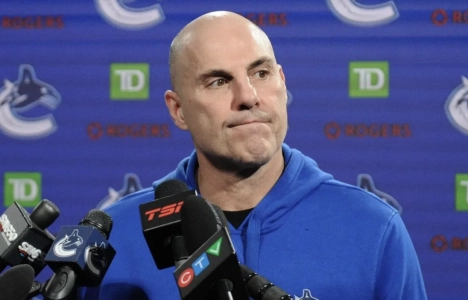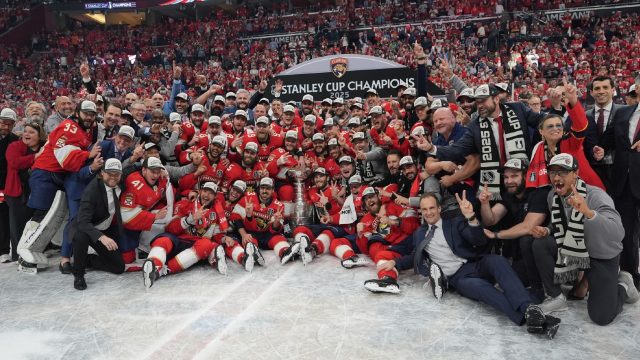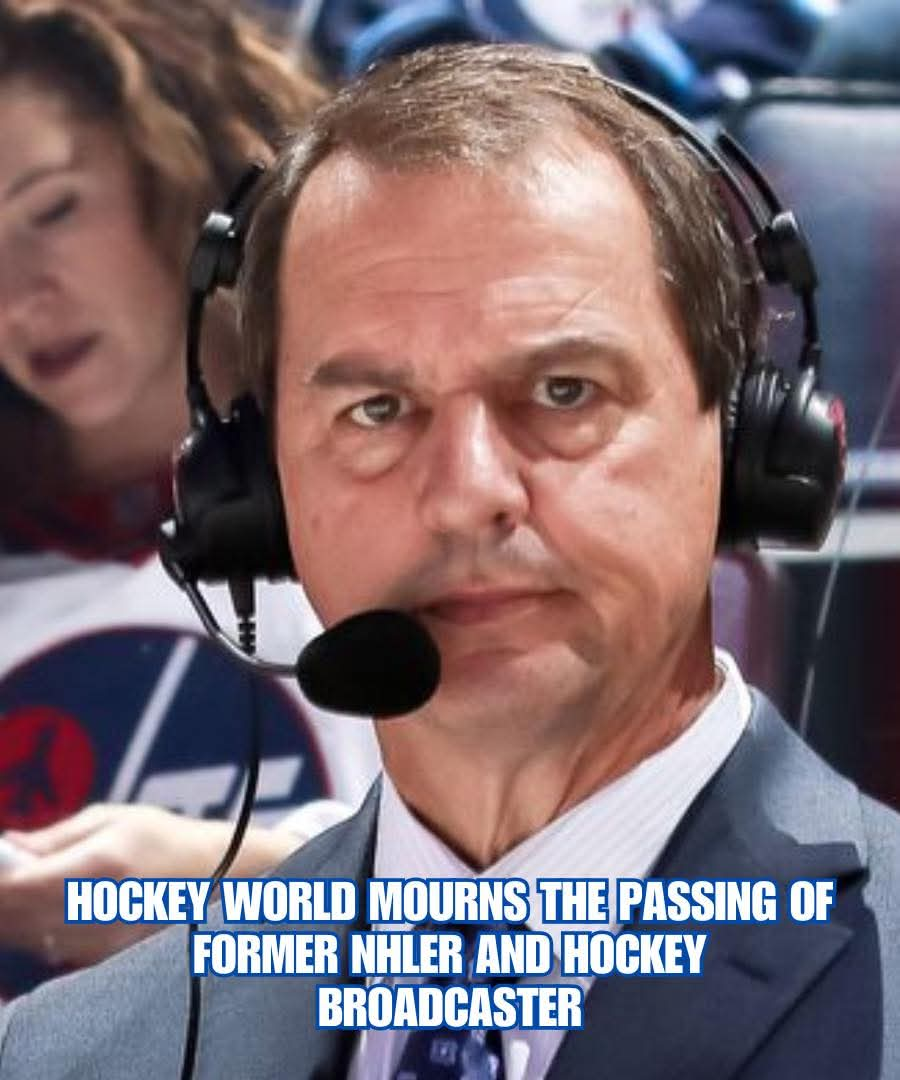Rick Tocchet Breaks Down What Went Wrong in the Canucks’ Disheartening Season
The Vancouver Canucks’ hopes of returning to the Stanley Cup Playoffs came to a disappointing end this season, as the team failed to qualify just a year after topping the Pacific Division. It’s a bitter pill to swallow for a fanbase that once saw this team as a rising force, and as the season closed with a 4-1 loss to the Vegas Golden Knights, head coach Rick Tocchet reflected candidly on the factors that contributed to the team’s collapse.
Despite early optimism and high expectations, the Canucks’ 2024-25 campaign was marred by setbacks, including a string of injuries and internal issues that disrupted their momentum. From the start, the road was rocky—and Tocchet didn’t hide from that reality in his postgame remarks.
Following the final whistle of the season, Tocchet addressed the media, offering a thoughtful but realistic assessment of where things went wrong. He made it clear that he wasn’t interested in offering excuses or rewriting history with hypotheticals.
“It sucks, right?” Tocchet said. “I don’t want to play the what-if game. You’ve got to reflect on the year and ask what could’ve been done differently in certain situations. But I’m not going to use excuses. I know everyone’s aware of what’s happened this year—but you still have to deal with that stuff.”
He acknowledged that while adversity is part of every team’s journey, the Canucks may not have been prepared to meet it head-on in the way they had planned.
“At the start of the year, we talked about embracing the hard,” he explained. “Maybe we weren’t really ready for it.”
The Canucks started the season with playoff ambitions and a belief that their young core and solid coaching structure would keep them in contention. But the reality proved far more challenging. Injuries to key players disrupted team chemistry, while off-ice distractions made it difficult to maintain a unified focus.
The locker room showed signs of wear from the turbulence. Forward Kiefer Sherwood, who joined the team mid-season and became a reliable presence, spoke openly about the difficulties the team endured and his hopes for a stronger future.
“We went through a lot this year,” Sherwood said. “There were a lot of lessons learned. I think the chip on our shoulder going into next season is going to be even bigger. We’ve got something to prove and something to work for.”
Sherwood’s forward-looking attitude suggests a renewed sense of determination, but not everyone on the roster shared that same energy.
Team captain Quinn Hughes, who had an outstanding individual season on the ice, expressed a more somber and emotionally heavy perspective. The season’s outcome weighed visibly on him, and he didn’t try to sugarcoat the disappointment.
“It’s disappointing, for sure,” Hughes said quietly. “It’s just been a tough year. There’s not even anything to look forward to now.”
Hughes’ statement encapsulated the frustration many fans felt: a year that began with promise had ended with no reward. The contrast between Sherwood’s hopeful tone and Hughes’ disappointment highlights a team still trying to find a consistent identity and emotional center.
One of the biggest questions that now looms over the organization is what comes next—particularly in regard to Tocchet’s role. With his contract approaching its expiration, the Canucks’ front office faces a significant decision: do they continue with Tocchet’s leadership and system, or pivot in a new direction to reset the culture and strategy?
Tocchet’s approach has emphasized accountability, mental toughness, and adaptability—principles that helped the team succeed in the past. But this season’s failure raises valid concerns about whether that message is still resonating with the players.
While Tocchet’s press conference avoided specific criticisms or calls for change, his comments hinted at the struggles of managing a group through a season filled with setbacks, both physical and emotional.
“You’ve got to deal with what’s thrown at you,” he repeated. “And maybe, as a team, we just weren’t ready to handle it the way we thought we would.”
The Canucks’ downward spiral seemed to accelerate in the second half of the season, as inconsistency plagued their efforts to stay in the playoff hunt. The inability to string together wins, especially against divisional opponents, proved to be their undoing. Each time it seemed the team had found a rhythm, another injury or controversy disrupted their progress.
Off the ice, internal tension and questions about team direction further clouded their outlook. Reports of locker room disagreements and management frustrations circulated throughout the year, though the team kept most of those concerns behind closed doors. Still, the impact of those dynamics could be felt in the players’ body language and performance down the stretch.
Despite the frustrating end, there were moments of growth and flashes of promise. Younger players gained valuable experience, and a few late-season call-ups showed potential that could impact the roster next year. But make no mistake—the overall tone is one of disappointment and urgent self-evaluation.
The fans, too, are left with more questions than answers. With another offseason ahead and no playoff games to look forward to, attention now turns to what moves the front office will make to restore belief in the team’s future. Will there be a shake-up in leadership? Will new voices enter the room to reignite the spark that once propelled this team to the top of the division?
For Tocchet and the rest of the organization, the next few months will be crucial. The decisions made during this offseason could define not just next year’s success, but the trajectory of the Canucks for seasons to come.
As the curtain falls on a frustrating campaign, one thing remains clear: this is a team at a crossroads. The raw emotions from players and coaches alike reveal just how much was invested—and how much was lost. Whether that pain fuels a rebound or leads to deeper changes is a story still waiting to unfold.



